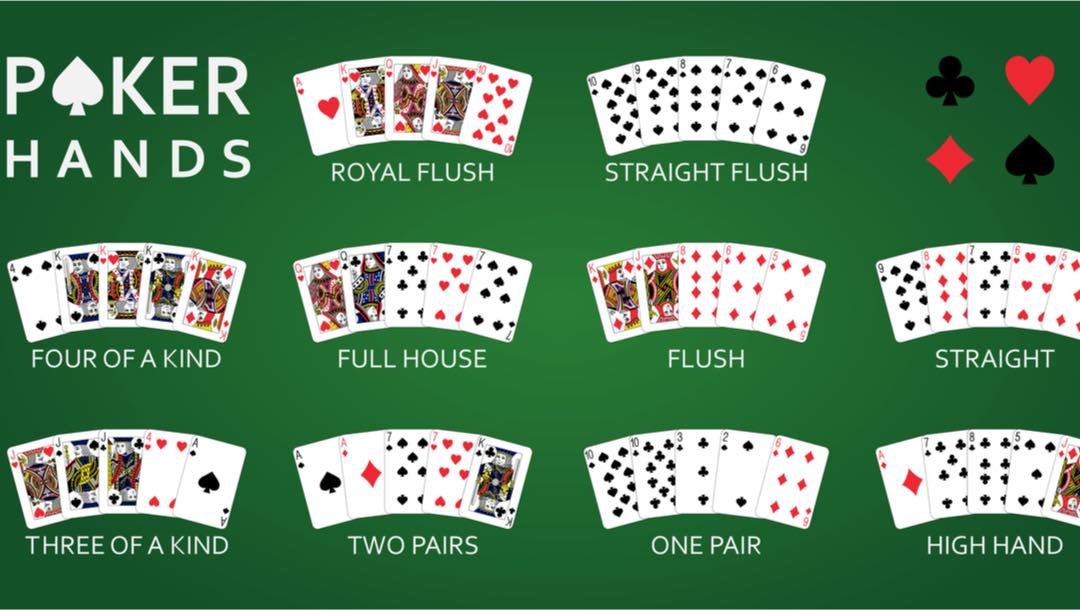
Poker is a card game in which players bet on the strength of their hands. They may also bluff, hoping that opponents will call their bets, believing that they have the strongest hand. In a poker game, the best hand wins the pot.
A poker hand consists of five cards. The value of a poker hand is in inverse proportion to its mathematical frequency. A high poker hand is usually made up of a pair of matching cards of the same rank, and a low poker hand consists of three unmatched cards or one of the lower pairs with a higher kicker (e.g., a flush).
While the outcome of any particular hand may involve considerable luck, the long-run expectations of players are determined by their actions chosen on the basis of probability, psychology, and game theory. Players may raise a bet on the strength of their hands, and they may fold their hands if they think that doing so will not improve their chances of winning.
Many beginner players fail to reach break even because they play too emotionally or superstitiously. To become a profitable player, you need to begin viewing the game in a much more cold, detached, and mathematical way. In addition to developing a solid poker strategy, you should practice improving your physical condition so that you can remain focused and mentally sharp while playing for extended periods of time. You can also learn to read the other players at your poker table, assessing their betting patterns and hand strengths.